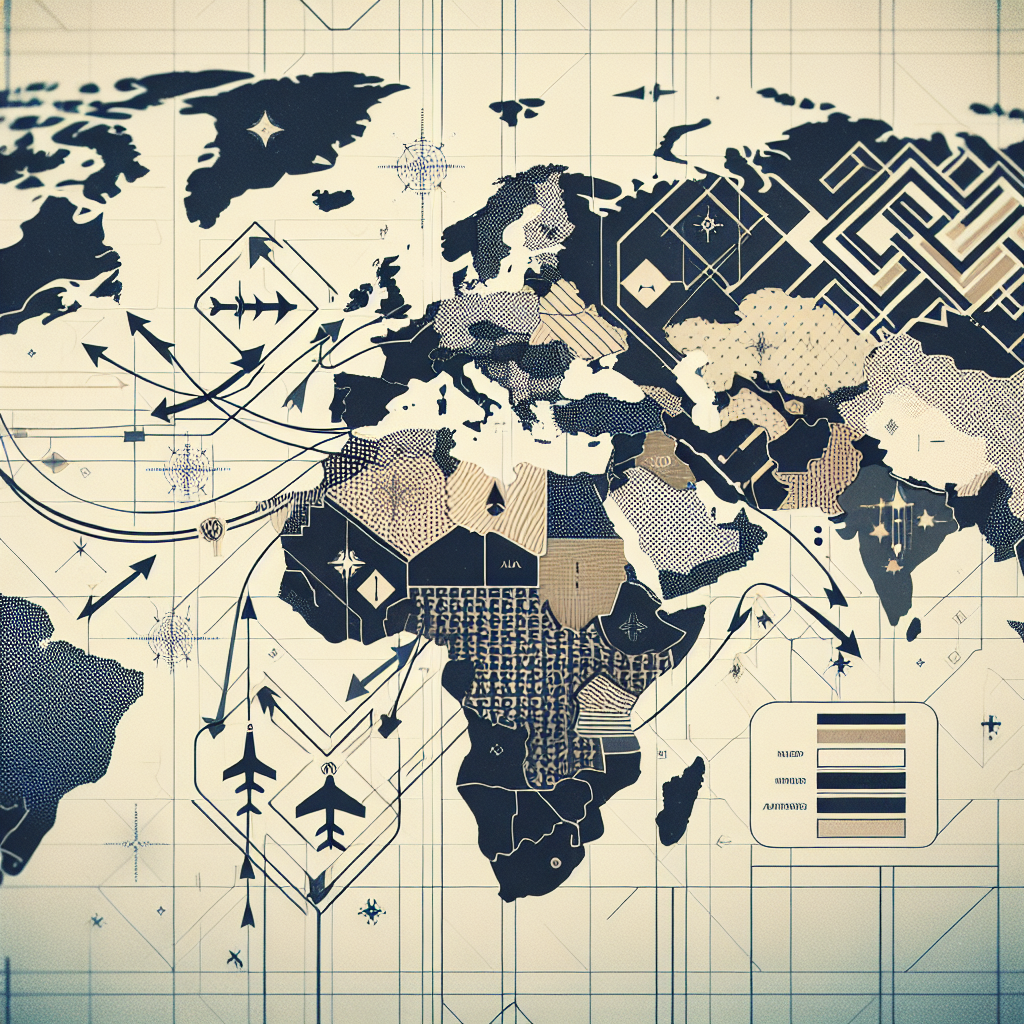Unfolding Tensions: How the Israel War is Reshaping Middle Eastern Alliances and Global Politics
The ongoing conflict in Israel has escalated tensions not only within the region but also across global political landscapes. As military actions intensify, they are causing a ripple effect that impacts diplomatic relationships, security alliances, and economic conditions. With historical grievances flaring anew, the world is watching closely as this conflict unfolds and reshapes the dynamics of power in the Middle East and beyond.
The Genesis of the Current Conflict
To understand the current war in Israel, it’s essential to acknowledge the historical context that has led to this moment. The roots of the conflict can be traced back to decades of disputes over land, identity, and political sovereignty, often marked by cycles of violence and failed peace negotiations. The most recent flare-up began in October 2023, following a series of escalations that included rocket attacks, airstrikes, and ground incursions. These events have reignited old wounds and deepened divides between Israel and Palestinian factions, particularly Hamas.
In the wake of these hostilities, civilian casualties have risen dramatically, prompting international outcry and calls for ceasefires. However, the complex web of alliances complicates any straightforward resolution. Countries like Iran, which openly supports Hamas, and those like the United States, which backs Israel, find themselves on opposing sides, further polarizing the situation. As the conflict rages, it’s clear that the stakes are not just local; they are global.
The Impact on Regional Alliances
The Israel war is significantly reshaping alliances in the Middle East. Countries that have historically maintained a neutral stance are now being forced to take sides. For instance, nations like Saudi Arabia and the United Arab Emirates, which had begun normalizing relations with Israel through the Abraham Accords, are facing internal pressures to support the Palestinian cause. This shift could have profound implications for regional diplomacy and trade.
Moreover, Iran's influence is expected to grow as it positions itself as a champion of Palestinian rights, potentially galvanizing support from other nations sympathetic to the Palestinian plight. This could lead to a realignment of power dynamics, where nations may either strengthen their ties with Iran or distance themselves from Israel. The potential for increased military cooperation among Iran, Hezbollah, and Hamas poses a significant challenge for Israel, which is already on high alert.
Global Reactions and the Role of Major Powers
The international community's response to the Israel war has been varied and complex. The United States, a long-standing ally of Israel, has reiterated its support but has also faced pressure from its own citizens and some lawmakers advocating for Palestinian rights. This internal conflict raises questions about the future of U.S. foreign policy in the region. Will the Biden administration continue to provide military aid to Israel, or will it shift towards a more balanced approach? The answer remains uncertain, but the stakes are high.
On the other hand, Russia and China have seized the opportunity to bolster their influence in the Middle East by criticizing U.S. support for Israel and advocating for a ceasefire. Both nations have historically viewed U.S. hegemony with skepticism and are keen to position themselves as alternative power brokers in the region. As they engage with Arab nations and Iran, the potential for a new geopolitical landscape emerges, one that could challenge Western dominance.
Humanitarian Concerns and Economic Implications
As the war continues, the humanitarian crisis in the affected areas is reaching alarming levels. Reports indicate a growing number of displaced individuals, damaged infrastructure, and collapsing healthcare systems. International organizations are struggling to provide necessary aid amidst the chaos, and the lack of a peaceful resolution only exacerbates these challenges. The humanitarian implications of the Israel war are not just regional; they resonate globally, drawing attention to the plight of civilians caught in the crossfire.
Economically, the conflict is impacting global markets, particularly in sectors like energy and defense. As tensions rise, oil prices have seen fluctuations, with investors reacting to the uncertainty. Additionally, defense contractors are likely to see an uptick in demand for military hardware, as countries reassess their security needs amidst the escalating threat. The conflict thus serves as a reminder that war has far-reaching consequences, extending well beyond the battlefield and into the daily lives of people around the world.
Conclusion: A Pivotal Moment for Global Politics
The Israel war is more than just a conflict between two groups; it is a pivotal moment that could reshape alliances and alter the course of global politics. As historical grievances resurface and new alliances form, the international community must navigate these complexities carefully. Global leaders are faced with the challenge of seeking a resolution that addresses the root causes of the conflict while balancing their own national interests.
As we continue to watch this situation unfold, one thing is clear: the implications of the Israel war extend far beyond the region, influencing diplomatic relations, economic conditions, and humanitarian efforts worldwide. The hope remains that through dialogue and negotiation, a path to peace can be forged, but the road ahead is fraught with challenges. As events continue to develop, staying informed will be crucial for understanding the broader implications of this conflict.

No comments yet. Be the first to comment!